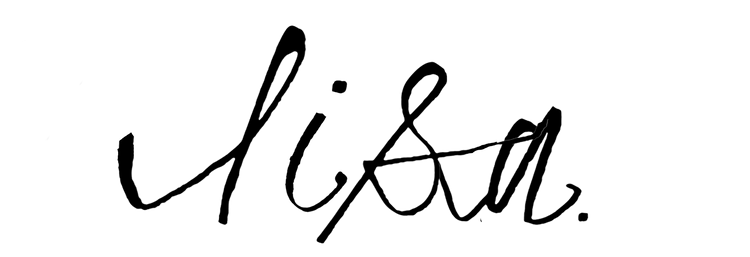WHY FEEDBACK REIGNS SUPREME
PSYCHOLOGY AND CHANGE
Ever wonder what happened to the teacher who said you were a failure at what you now do for a living?
What about the boss who noticed a really challenging task came easily for you?
For me, feedback has always been a mixed bag between the useful uplifting variety and the gut wrenching give up worthy. At some point odds on whether or not I would succeed broke even. I guess leaving me with a neutral chance of success? Which sounds pretty hilarious.
In terms of feedback, art school prepared me for adult life in ways I never could have imagined. And it did so kind of in a sneaky way. I was too overwhelmed by the experience at the time but even now all these years later I continue to learn from the white knuckle thrown into the shark tank approach that art school provides. When it comes to hurtful and discouraging feedback, chances are I’ve heard just about everything one could direct at me and my work, which while hard to get through in the moment, really helped me be fearless later in life when starting new projects or trying new things. I honestly do not take into account what people will think. For better or worse, I just go for it. It can be reckless, but it is also 100% freedom. After a while you start to dissect the usefulness from the daggers and accept that there will always be critics of what you feel most passionate about whether it is a profession, relationship, or a hobby.
The feedback process has changed a lot since I was in art school. Students are different and college is different. There is a very strong pay to play model and instructors are required by many universities to keep paying customers happy. While I have heard that the infamous art school critiques have become a gentler experience - thank god - I’ve also heard from instructors that the modern monetization of the student body prevents a true learning experience and prevents sound preparation for the professional world. A simultaneous loss and gain. Perhaps another hilarious neutrality. But in this case one that students are paying for in all the ways.
As I began to think more deeply about feedback, I noticed it everywhere. Feedback in the workplace, at school, on social media - otherwise known as comments - which would be feedback, which is really critique. Really with all the words. As far as I can tell when we think about feedback as part of a system, the feedback process really reigns supreme. How feedback goes down in a system impacts retention, psychological safety, ingenuity, an open sharing of ideas, risk taking, and just about everything. Whatever is going on in a system, In my opinion, the nature of the feedback process is at the core of its’ wellbeing.
Which makes feedback pretty powerful, but also super weird, right?! Because sometimes we have trouble separating our own emotional trash from situations and project our garbage onto someone else's work. And that’s not fair, but it happens. A lot. And this makes feedback thorny. And powerful. And a weird and wonderful monster.
So of course I just had to dive right in and study it. Because that’s what I do. And what I really learned how to do in art school. Turns out I’m a great diver. Over the next months I'm conducting research about feedback and critique and how both good and bad feedback move us to make big life decisions.
And here’s the cool part, I'd love your help!
The first part of my study is a qualitative survey collecting stories of memorable feedback to help inform how we can become better at both giving and receiving useful feedback. I want to hear about the feedback that unlocked your greatest potential and the feedback that shook you to your core and made you doubt everything you thought you knew about yourself. What you did with the feedback and how it impacted your life moving forward. Let’s learn from each other so we can break down the weird and the wonderful of feedback and foster some serious change.
Here’s where you come in! I’ve created the World Feedback Survey. This short survey takes just 3 minutes and your responses are anonymous. You can participate at lisaandersonshaffer.com or click the World Feedback Survey button on any page of my website. I’ve linked the survey in episode notes for easy access. And hey, I’d love it if you shared the link with friends! The more the merrier. I cannot wait to hear your stories. To learn more about the progress of my research, sign up for my newsletter - also linked in episode notes for updates.
Thank you so much for being here.
Listen to this episode here.

Leave a comment